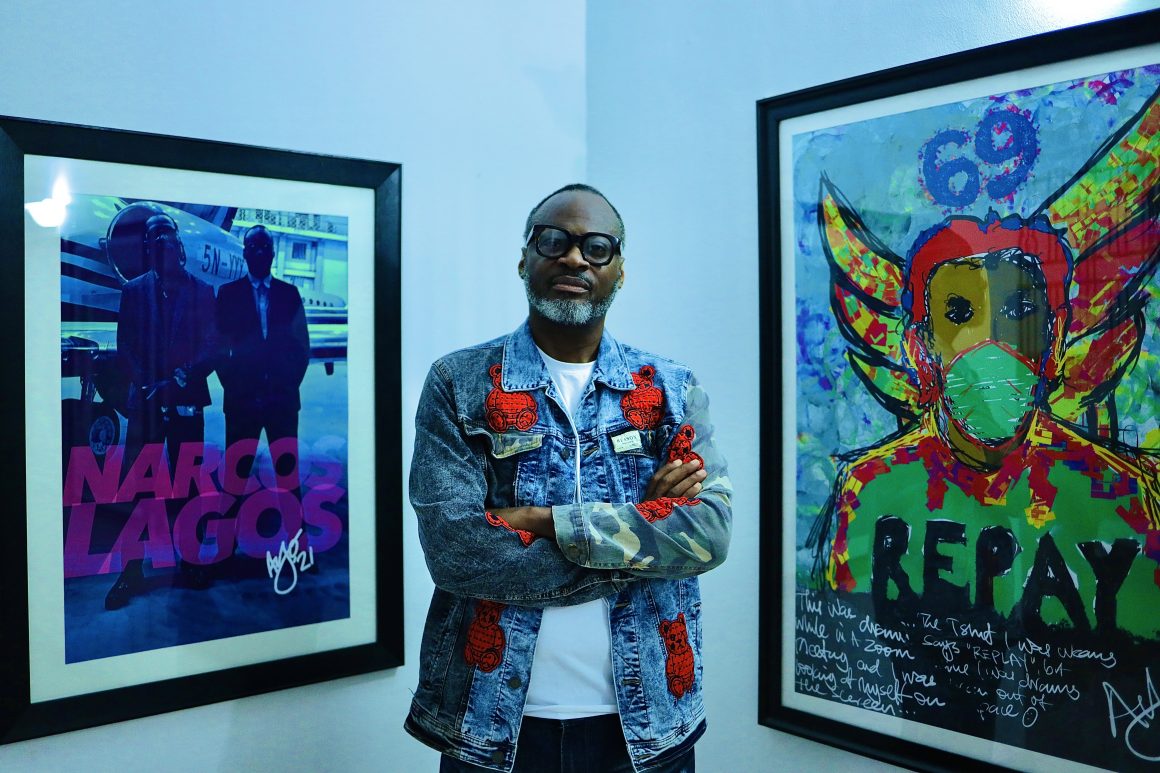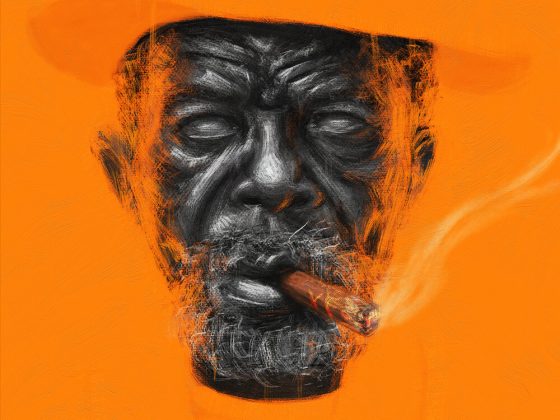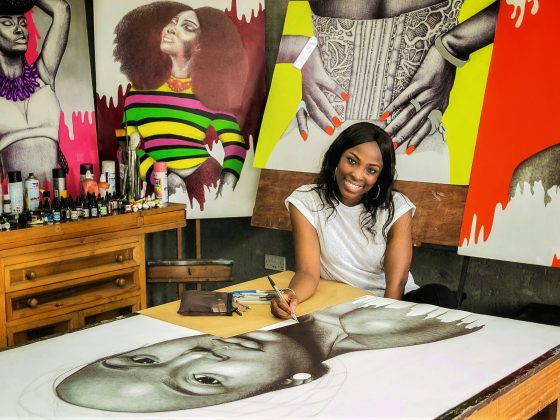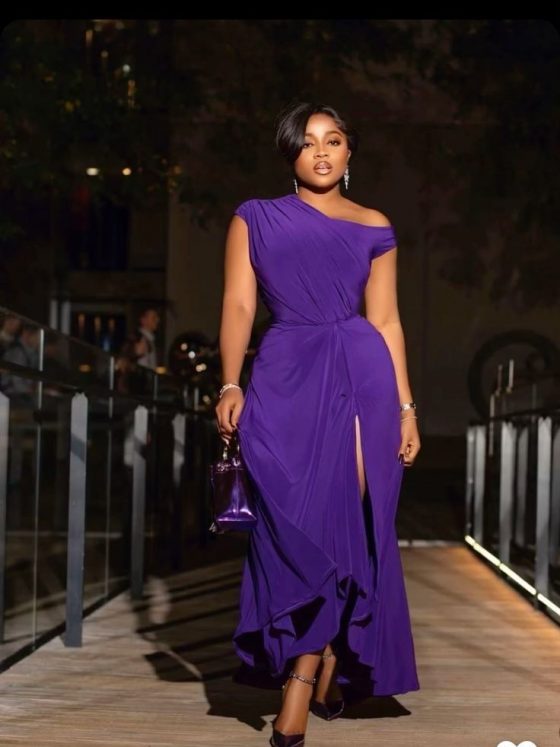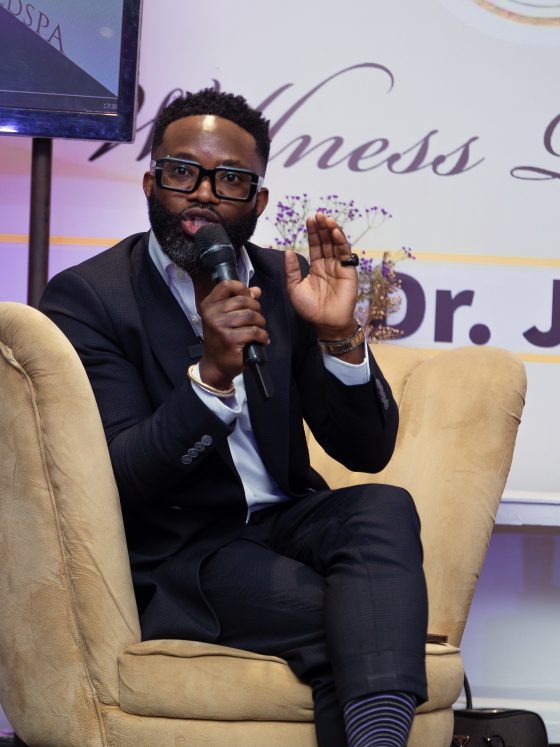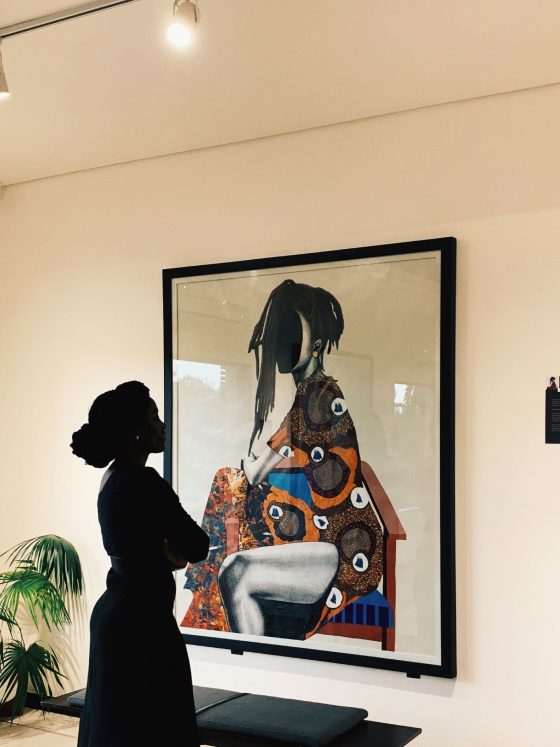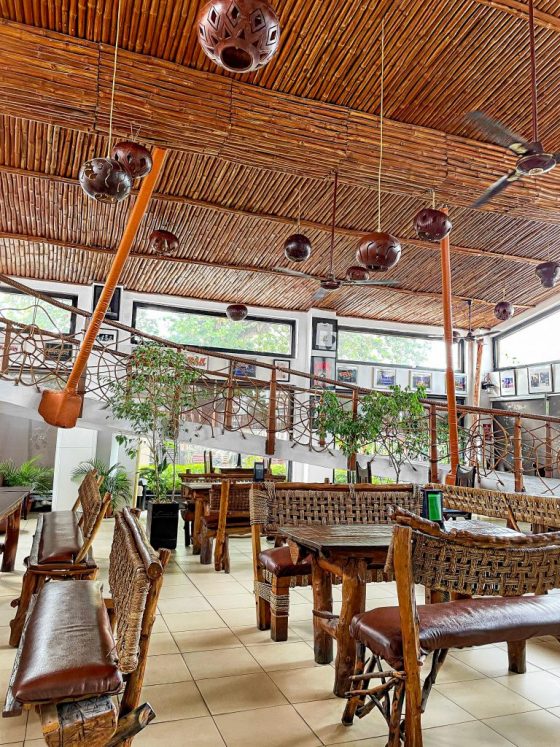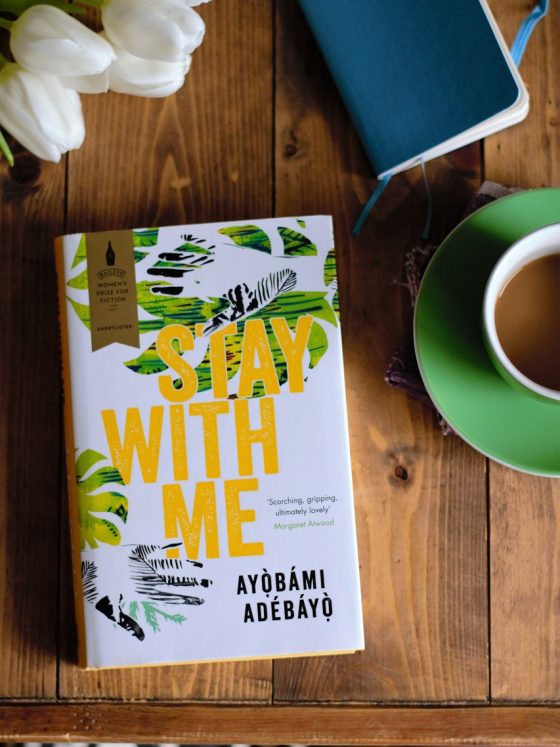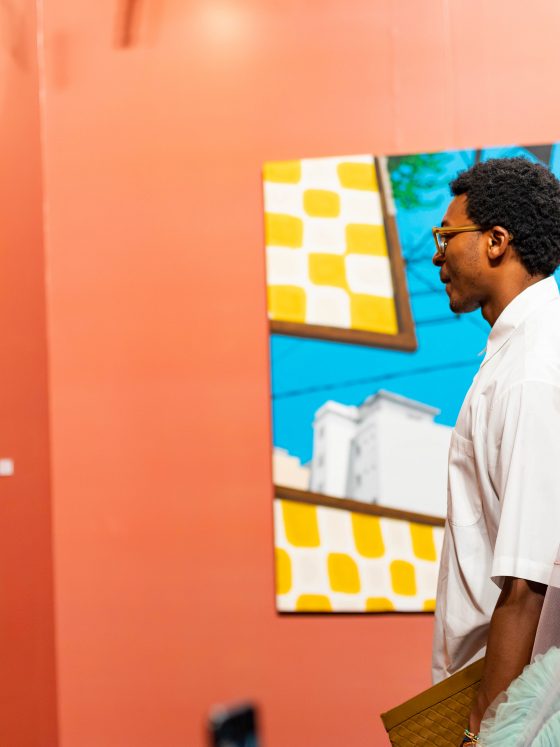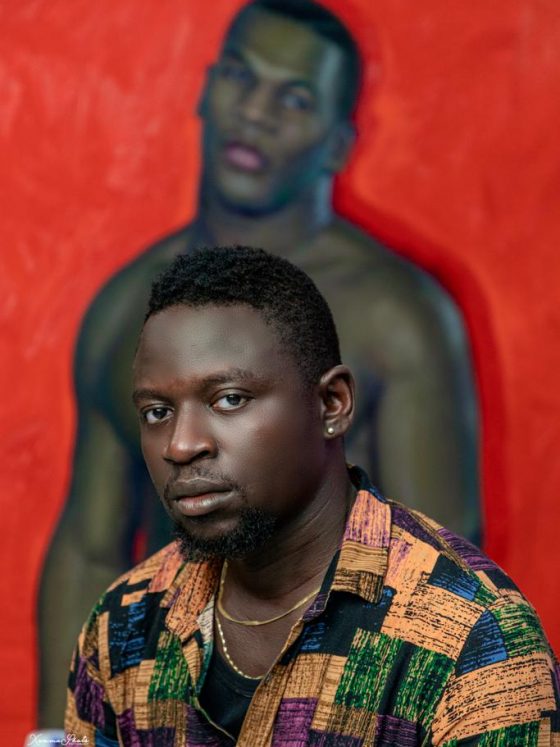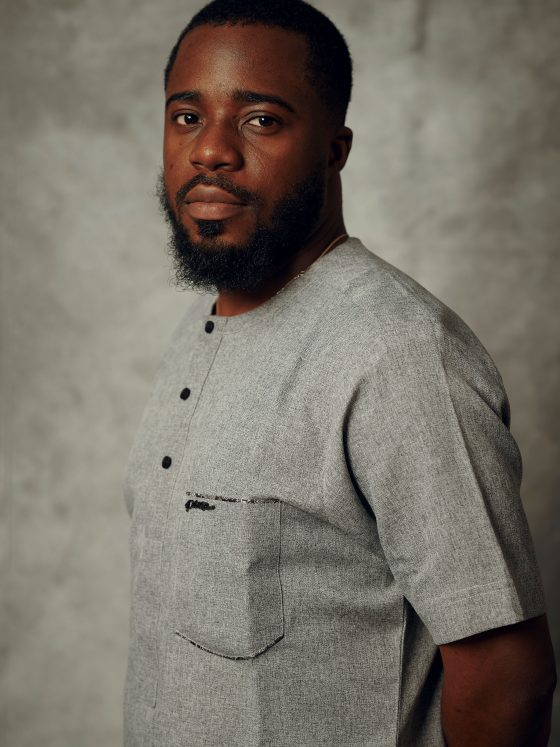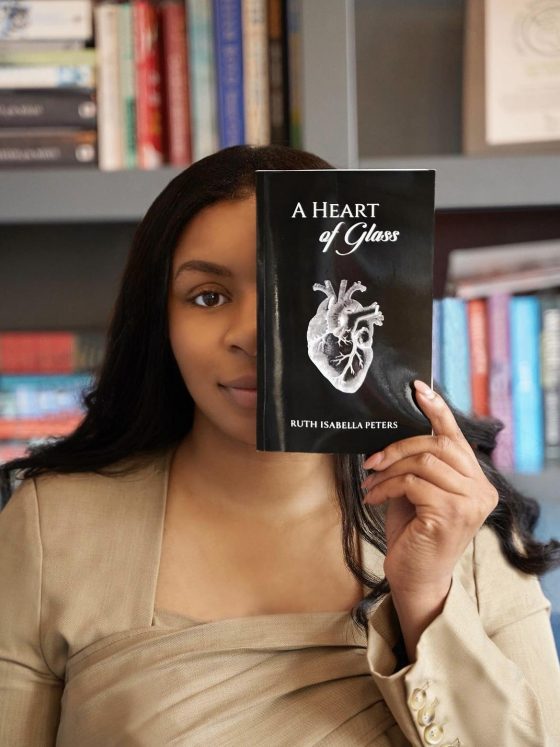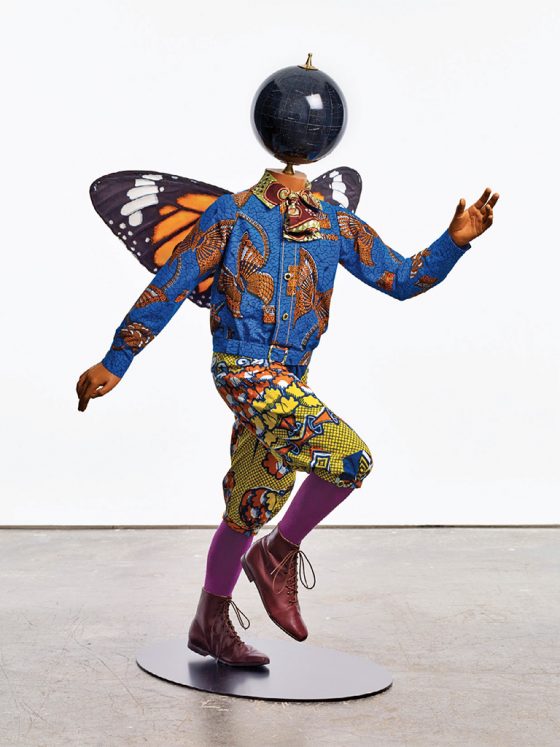The house lights go off, and the spotlights come on. The composers are playing a heroic tune as Davido descends from the floating stage above the sold-out O2 Arena. The instrumentals for “Aye” is playing through the speakers – this time a lot slower than usual – as 20,000 people sing along. Standing in the crowd is Ayo Shonaiya. It was at that moment he decided to give all the filming he had done purpose. That’s how the hit Netflix documentary “Afrobeats: The Backstory” was born.
“I didn’t even like the name before. I thought it was too close to Fela’s Afrobeat.” Over the years, the arguments about “Afrobeat” and “Afrobeats” have grown more intense. Afrobeats, not to be confused with Afrobeat, is a play on the latter.
For a while now, it hasn’t been “Afrobeats to the world” – it’s been the other way around. The success the Nigerian Music industry is enjoying at the moment can be associated with the success and failures of the generations before them. A time when our local music industry didn’t have the capital pull or world appeal it currently boasts of. Watching this documentary, I see a lot of influence these “OG’s” still have on the industry today – From Asake’s “Emi o shakomo” line to Ruger’s Baba Frayo-inspired eyepatch. A lover of music myself and working in the entertainment industry, this documentary made me really see everyone started from somewhere. Major players in the music industry today have been a part of the industry for longer than I had ever imagined.
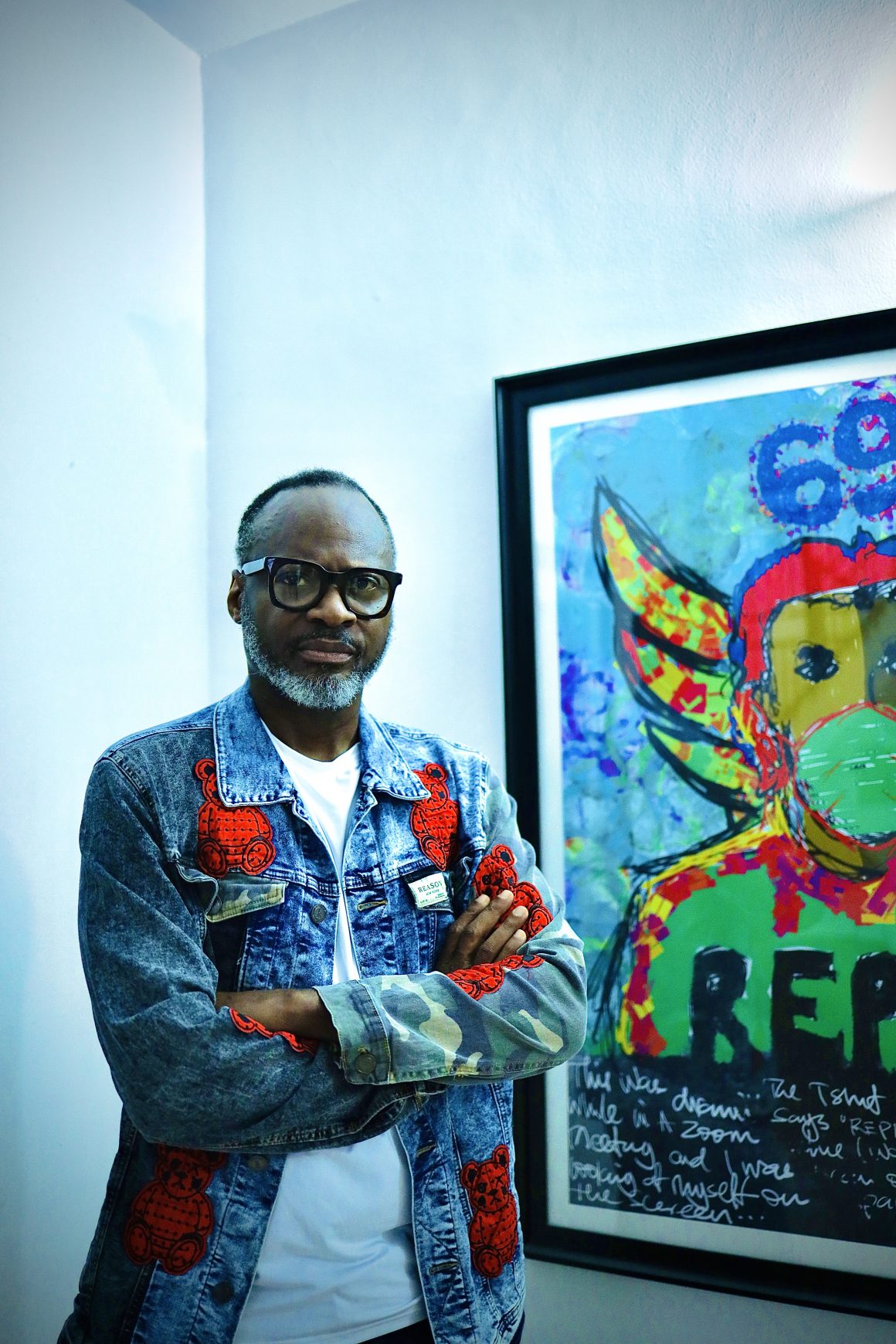
There is a lot of archival content in this documentary? How did you come into them? Did you always know you wanted to do this?
First of all, what most people don’t know about me is I’m a documentary filmmaker. I went to film school before heading to Law school. There, my major and speciality were in documentary filmmaking. I learnt the importance of gathering archives, keeping archives and using them to tell future stories – well, history stories. When I started filming this, it was unconscious for me – well, not completely unconscious. I was conscious of erratically recording videos to have a momentous of my music journey, which I thought I would only do for about two years. Two years became another two years and ended up becoming five years. The thing was, I just kept on recording – As my music career got longer, I just kept on recording.
How did you get into the music industry?
I love music a lot. At the time I started recording these videos, I was working with King Wasiu Ayinde – We managed him. The clips I have of him will keep your mouth agape – it’s truly something! However, music management wasn’t something I wanted to do – I never even thought I’d end up working in the music scene. I loved and consumed music like every other music lover out there before that.
My Introduction to Baba Keke and D1 was Kennis Music. Watching this documentary, I have a deeper understanding of what they did for the music industry. You talk about them – especially D1 – with so much high regard. Why exactly?
I’m in love with that guy. LOL. I always tell people that when D1 and I met, it was love at first sight. We were sitting across from each other at a dinner table in the UK, and our eyes met – I remember thinking to myself, that’s THE D1. I don’t know if he’d seen one of my movies prior or something, but he also kept looking at me. We got introduced after dinner, and immediately we were getting along so well. Eventually, we ended up going out for drinks later that night. I speak highly of D1 because that’s who I wanted to be – and I still want to be like that man. D1 is the man! Whenever we meet at events or social gatherings, we end up pairing off, gisting and just having a good time generally.
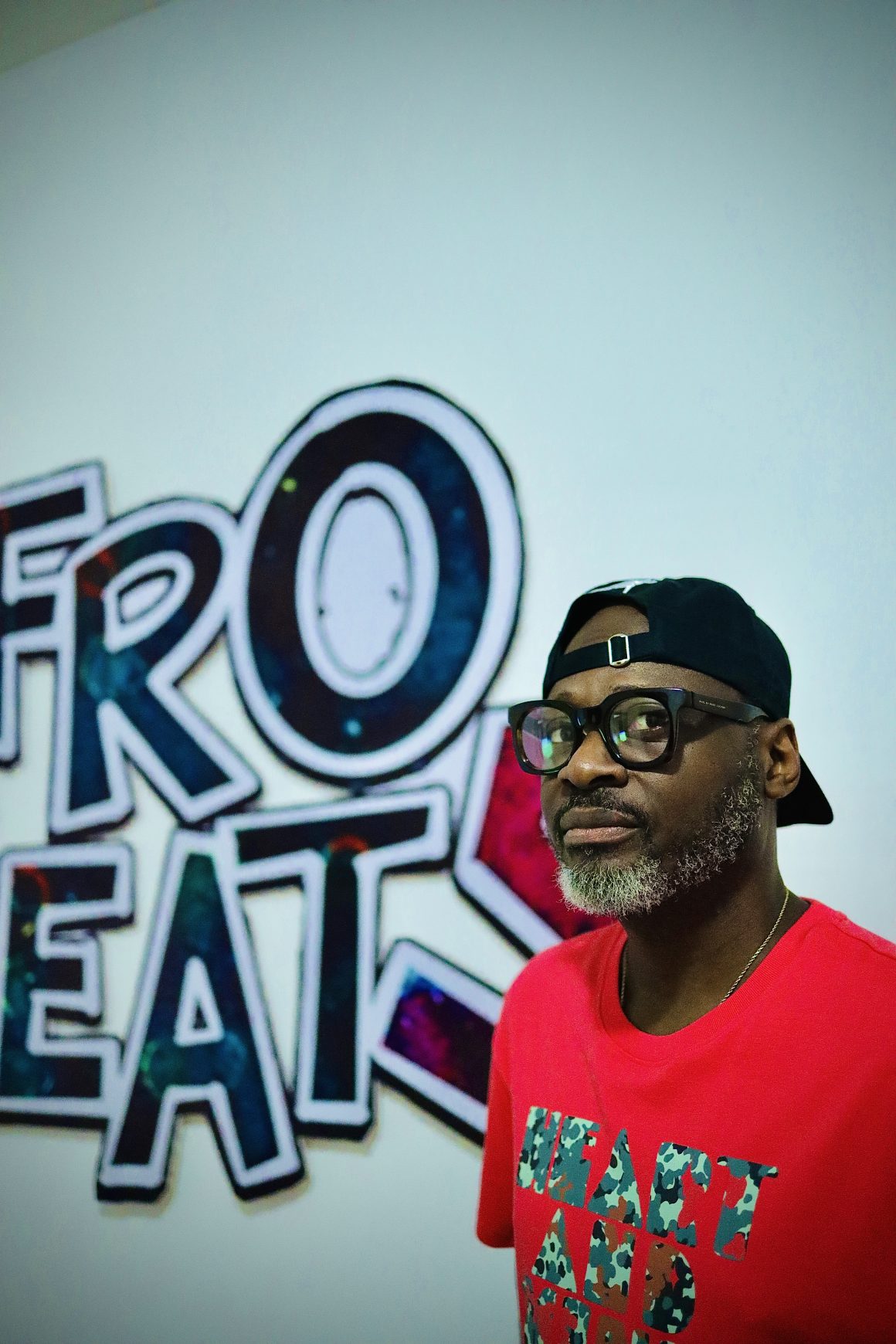
If there’s one thing you could pick from him, what would it be?
His forever good looks! I hope when I’m his age; I still look as good.
There’s a lot of reference to radio stations in the documentary. With the upswing of streaming platforms, do you think their importance is overstated in present-day Afrobeats? Do they still have the same impact today?
To be very honest, I didn’t do as much as I would have loved to on radio stations. To answer your question, definitely! Radio is still where you break the music – at least in this country. This is why till today, a lot of artists are still particular about their radio play – getting on rotation, getting on air etc. It plays a big part, if not the biggest part. Even now that we have these streaming platforms, radio is still where your everyday Nigerian turns to for information, news and entertainment. Obviously, the radio played a more important role back then because it was the only means to share your music and get it heard. Today, it’s not the only way, but it plays a very important role. You cannot have a successful song breakout or release plan without including radio. You can get your TikTok dance in motion and pay for your music distribution on these streaming platforms – they work, but radio is still where you want to be. You can’t rely on everything else and skip the radio.
The Nigerian Music Industry during the heat of the pandemic was different. Streaming music played a huge role in how much musicians earned. What role do you think this has played on Afrobeats and music in Nigeria in general?
This was when Nigerian artists knew the importance of streaming. When you’re at home – unwillingly – and you have no shows, no appearances, and the way you usually make money is limited, you’d have to sit up.
In your opinion, did this shift lead to a herd of “TikTok music”?
I’ve been in the music industry way before social media become a thing. I started in the music industry when the internet itself was less than ten years old. Now, when you look at the marketing strategies of these new artists – even the established ones – they seldom exclude TikTok. Why? It’s working for some people. It’s what people are doing now, so I really can’t fault it. As long as we achieve the desired result and we arrive at the same destination, then we’re good.
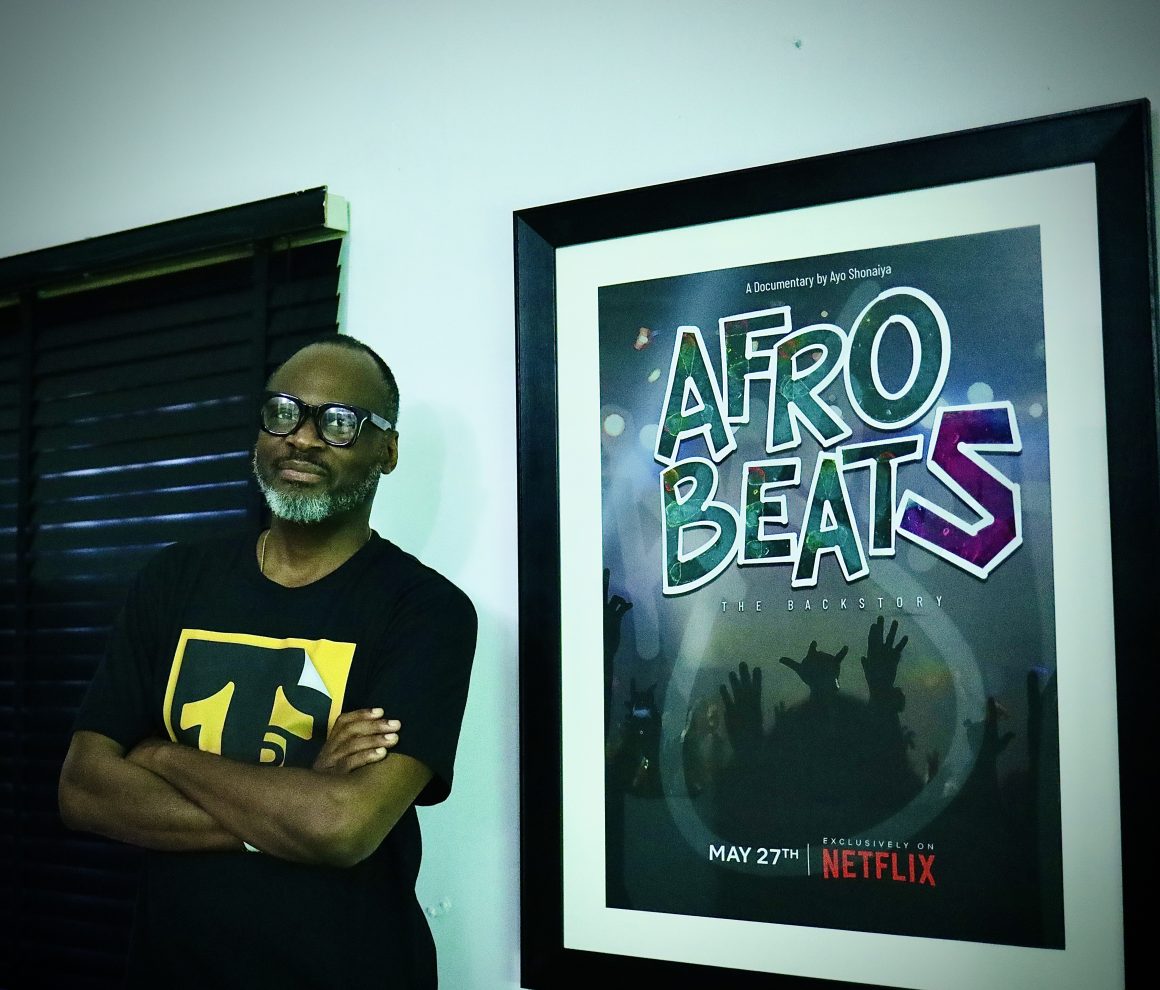
Is there really a difference between Afrobeat and Afrobeats?
A clip of AfroB that didn’t make the documentary explains it best. Afrobeat without the ‘s’ is Fela Kuti’s music. That is African rhythms, with high life, Funk and Jazz. A collection of all these, plus pop music, a bit of reggae, plus dancehall and hip hop, is what Afrobeats is. It includes a lot of melodious choruses.
How is this different from Afro-Fusion?
I mean, Burna Boy calls his music Afro-Fusion – same with Oxlade. However, I don’t feel that make should be an umbrella name. Why? To me, it sounds like a question – Fusion with what? There’s a question after Afro-Fusion; what are you fusing with? Then you can now start to explain. To me, there is no difference – Fusion is what Afrobeats is.
Afrobeats is bigger than it’s ever been. What is next? What can we do to become more than just a passing phase?
We should not lose our heads! Let’s not dilute it too much to the point of losing our core.
“Afrobeats: The Backstory” made me realise Video Directors are the unsung heroes of our now thriving industry. Would you agree?
Yes, definitely! These are the people who are documenting the trends and growth in our industry. Music videos are a mirror of what’s happening in our music industry – even society at large. The growing success of the music industry affords even more opportunities for our music videos to be even better. Back in the day, we used to have menus for music videos. Video production companies had fixed prices and options for music videos – and these options were limited. Today, the possibilities are endless.
From Lagbaja to Rema, from Baba Frayo to Ruger, the relationship that exists between fashion and music is a mutually inclusive one. Do you agree?
I never really noticed the Baba Frayo & Ruger eye patch relation until now. Well… Yes, I’d definitely say there’s a relationship between fashion and music. Baba Fela, for example, everyone knew him for his music, but he delivered in a truly African fashion – excuse the pun. Fela always wore African, right down to the shoes! I believe this was intentional. Adekunle Gold is also a true epitome of using fashion as a powerful tool in music. We’ve literally watched him change his style right before our very eyes – as the music followed.
Are you happy with the outcome of the documentary?
I mean, like every production, there’s always something you wish you did differently. Particularly, some clips couldn’t be cleared, so that we couldn’t air them. However, I’m happy with the response – it’s been fantastic so far. It’s doing exactly what I want it to do. We have billboards all around the world with “AFROBEATS” (with an s) all over them. People are reviewing, sharing, and talking about Afrobeats. They’ve been hearing it for a while; now they know the back story. The story doesn’t end there, though – SEASON 2 IS COMING.

